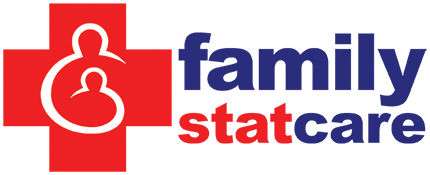Bladder Infection
What is bladder infection?
Bladder infection or cystitis is an infection that occurs when microbes enter the naturally sterile bladder. It is a kind of Urinary Tract infection (UTI).
Causes
• In most bladder infections, the causative agent is the different strains of the bacteria Ecoli. Ecoli are naturally found in the gut. The other bacterias of the gut and the skin also may cause the infection.
• Candida is a fungus that can cause bladder infections.
• Bladder infections are common after sexual intercourse.
• Pregnancy
• Use of spermicides, diaphragms and condoms
Symptoms
The most common symptoms seen in bladder infection are:
• Bloody or cloudy urination
• Bad smelling urine
• If the infection has spread to the kidneys, low fever may be present.
• Pain or a burning sensation during urination
• Frequent urination sensation
• Pressure and or cramps in the lower back or abdomen
Treatment
The treatments for bladder infections aim to kill the bacteria and to relive the symptoms.
• It is important to drink a lot of fluids. Water would be the best choice. This would help you remove the bacteria from your bladder.
• Over-the-counter medications like vitamin-C/ ascorbic acid.
• Cranberry juice helps raise the acid levels in the urine and kill the bacteria and does not let the bacteria stick to your bladder.
• Oral antibiotics are prescribed by the doctor. Medicines to help with the pain and the burning sensation may also be prescribed. The most common drug used is Phenazopyridine hydrochloride or Pyridium.
Prevention
• Take six- right glasses of fluids every day. Make cranberry juice your friend.
• Do not hold in your urine. Urinate as often and as soon as you need.
• Avoid douches, powders and feminine sprays.
• Use sanitary pads and not tampons
• Change from spermicides and diaphragms to an alternative method of birth control.
What You Can Expect When You Visit Our Clinics
1. Stop by our front desk to visit a certified Nurse Practitioner or Physician Assistant. No appointment is required.
2. Your medical practitioner will examine your medical background, go over your medical issues, perform an examination and supply you with an individualized plan for treatment. This might consist of non-prescription items or a medical prescription.
3. Towards the end of your visit to our clinic, your medical attendant will give you an overview, an invoice and some instructional material may be given.
4. The overview of your clinic visit can be forwarded to your primary health care provider with your authorization.
